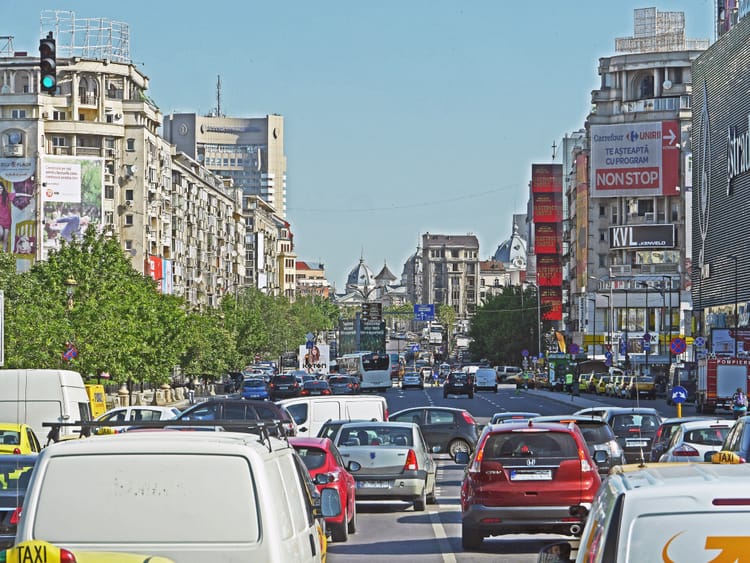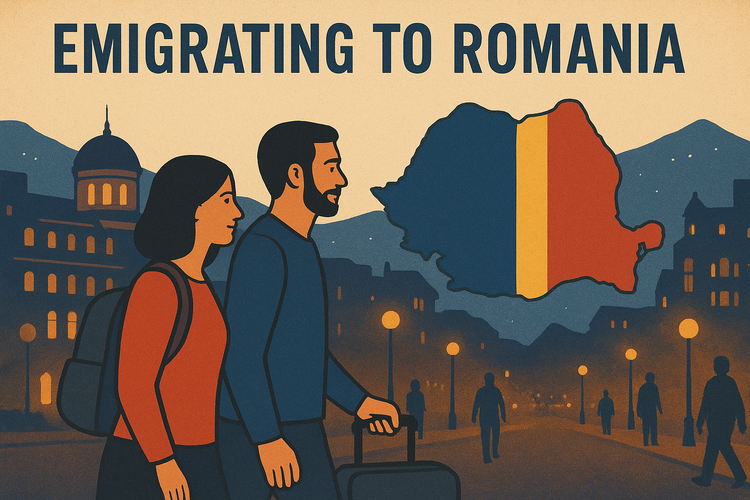Romanian Customs and Traditions Every Expat Should Know

Romania is a country rich in history, culture, and traditions that may be new to expats arriving from abroad. Understanding these customs not only helps you integrate more smoothly but also allows you to appreciate the unique cultural fabric of the country. Here are some of the most important Romanian customs and traditions every expat should know.
1. Greetings and Hospitality
Romanians are known for their warm hospitality. Handshakes are common when meeting someone new, while friends and family often greet each other with kisses on both cheeks.
- Tip: If you are invited to someone’s home, it is polite to bring a small gift such as flowers, chocolates, or wine.
2. Name Days (Onomastica)
In addition to birthdays, many Romanians celebrate their Name Day—the feast day of the saint after whom they are named.
- Tip: If a Romanian friend has a saint’s name (like Maria, Ion, Mihai, etc.), it’s thoughtful to wish them “La mulți ani!” on their Name Day.
3. Orthodox Christian Traditions
Romania has a strong Orthodox Christian heritage, and religious holidays are celebrated widely.
- Tip: At Easter, it’s traditional to greet people with “Hristos a înviat!” (“Christ is risen!”), to which the response is “Adevărat a înviat!” (“Truly He is risen!”).
4. Christmas and Easter Customs
- Christmas: Caroling is a big part of the season, with groups of children and adults visiting homes to sing traditional songs. Pork-based dishes, like sarmale (cabbage rolls), are central to the Christmas feast.
- Easter: Painted eggs, lamb dishes, and sweet breads like cozonac are part of the celebration.
5. Martisor (March 1st)
On the first of March, Romanians celebrate the coming of spring by giving and receiving Mărțișor—small trinkets tied with red and white strings.
- Tip: If you’re in Romania on March 1st, consider offering Mărțișor to female colleagues or friends.
6. Weddings
Romanian weddings are lively, often lasting until morning, with music, dancing, and multiple courses of food.
- Tip: Guests usually give money in an envelope as a gift, and the amount often depends on your closeness to the couple.
7. Respect for Elders
Respecting elders is an important cultural value. Younger people often address older individuals with formal pronouns and titles until invited to be more casual.
8. Folk Traditions and Festivals
Romania is known for its colorful folk costumes, dances, and festivals that vary by region.
- Tip: If you get the chance, attend a traditional festival or village celebration—it’s one of the best ways to experience authentic Romanian culture.
Final Thoughts
By embracing Romanian customs and traditions, expats not only adapt more easily but also deepen their connection with local communities. Small gestures—like offering a Mărțișor in March or greeting someone properly—go a long way in showing respect and appreciation for Romanian culture.






Member discussion